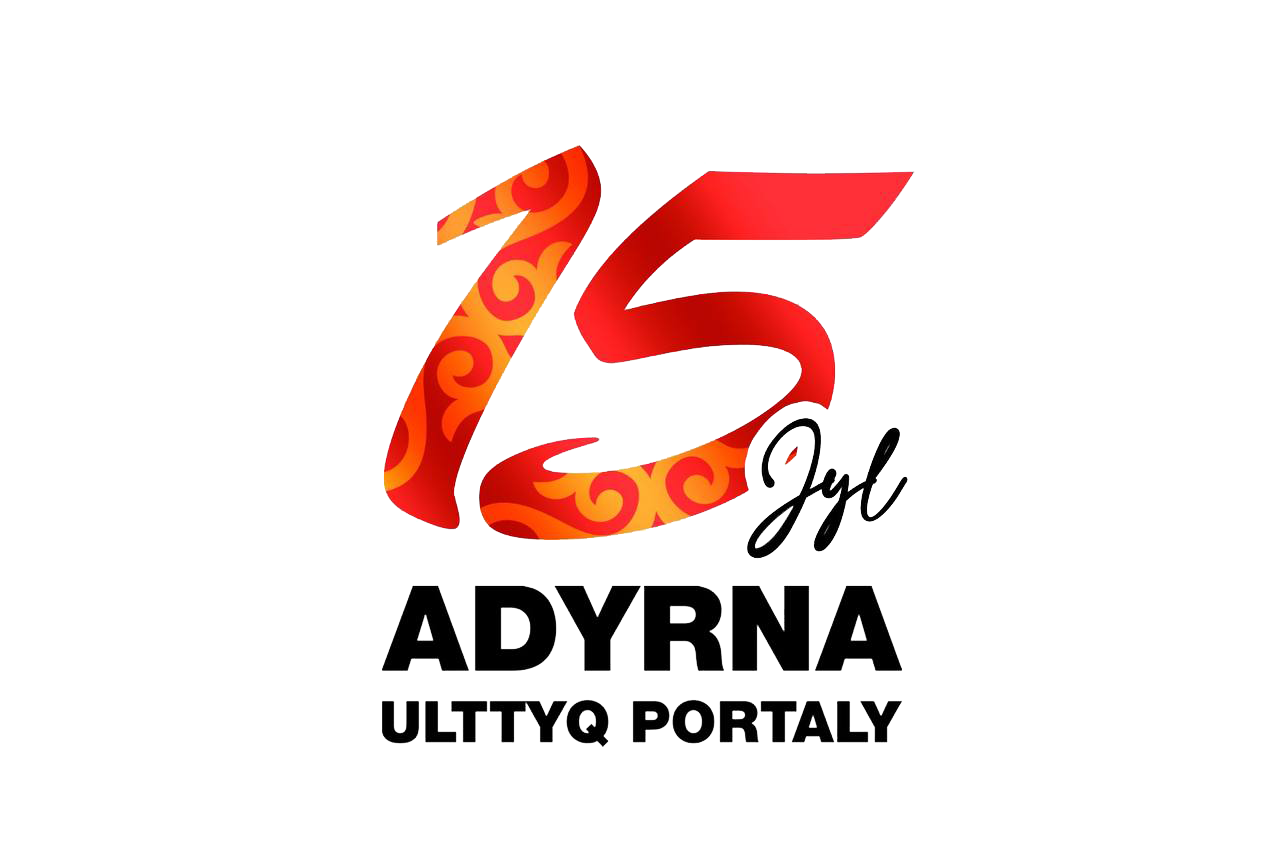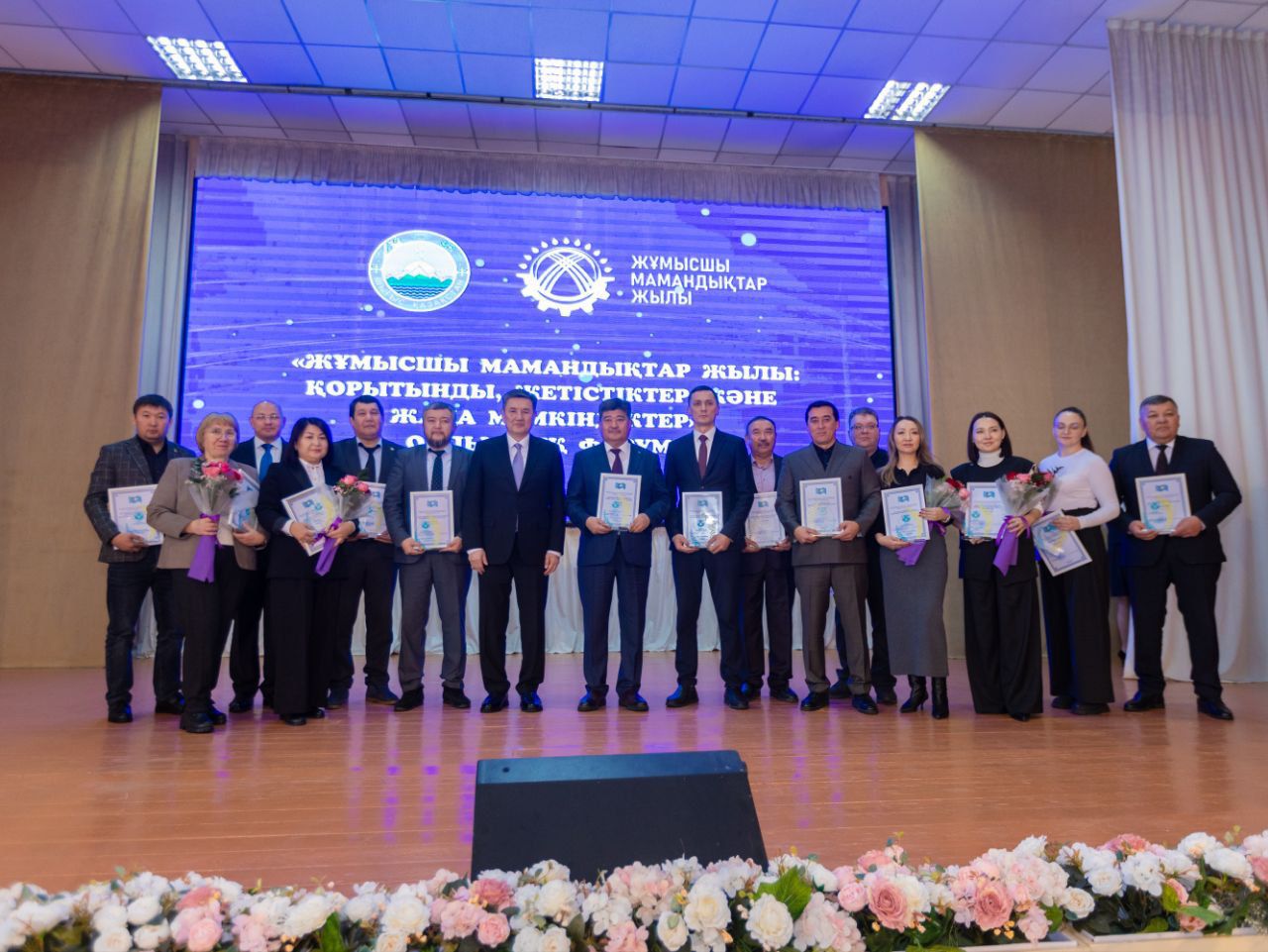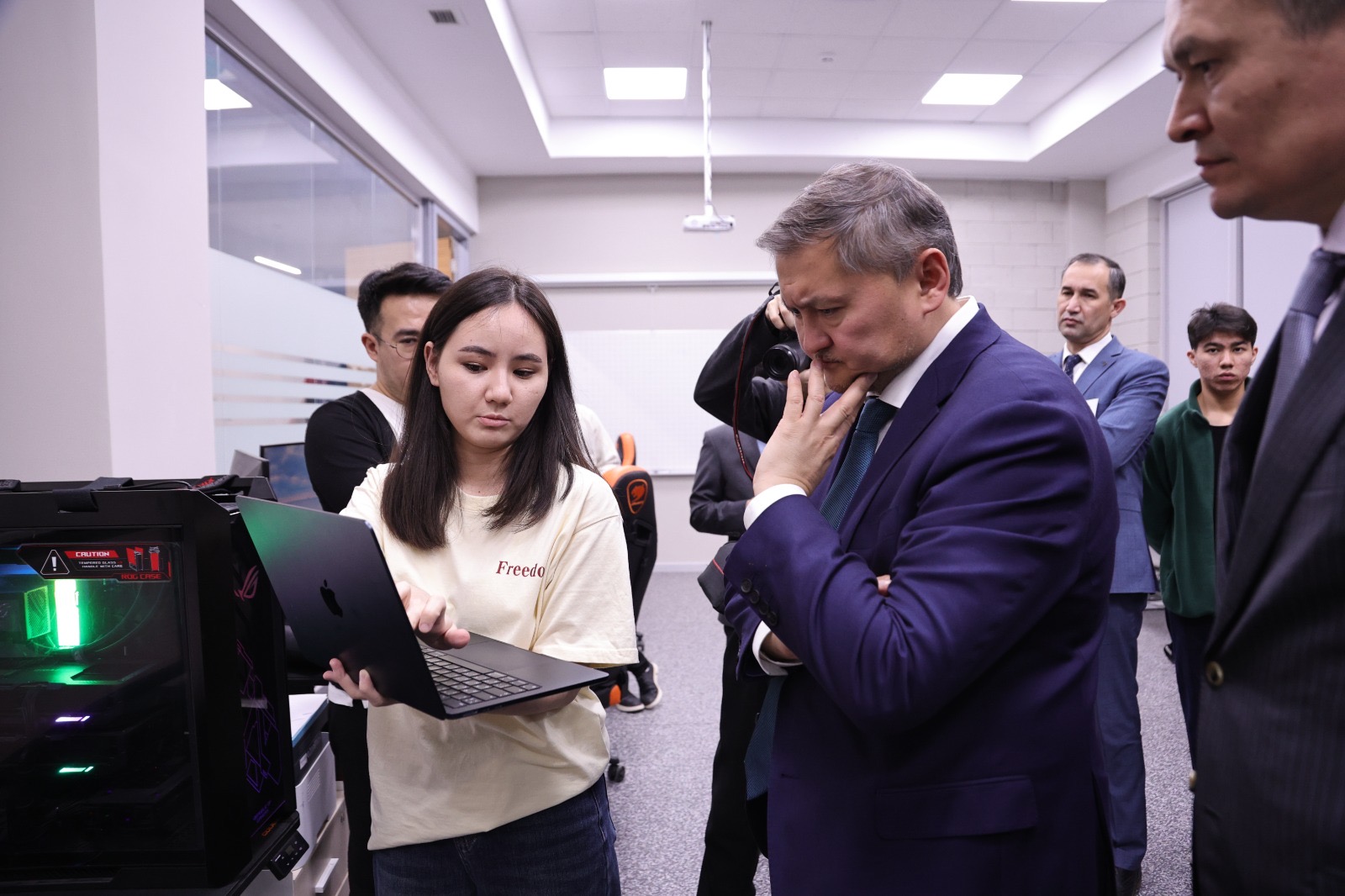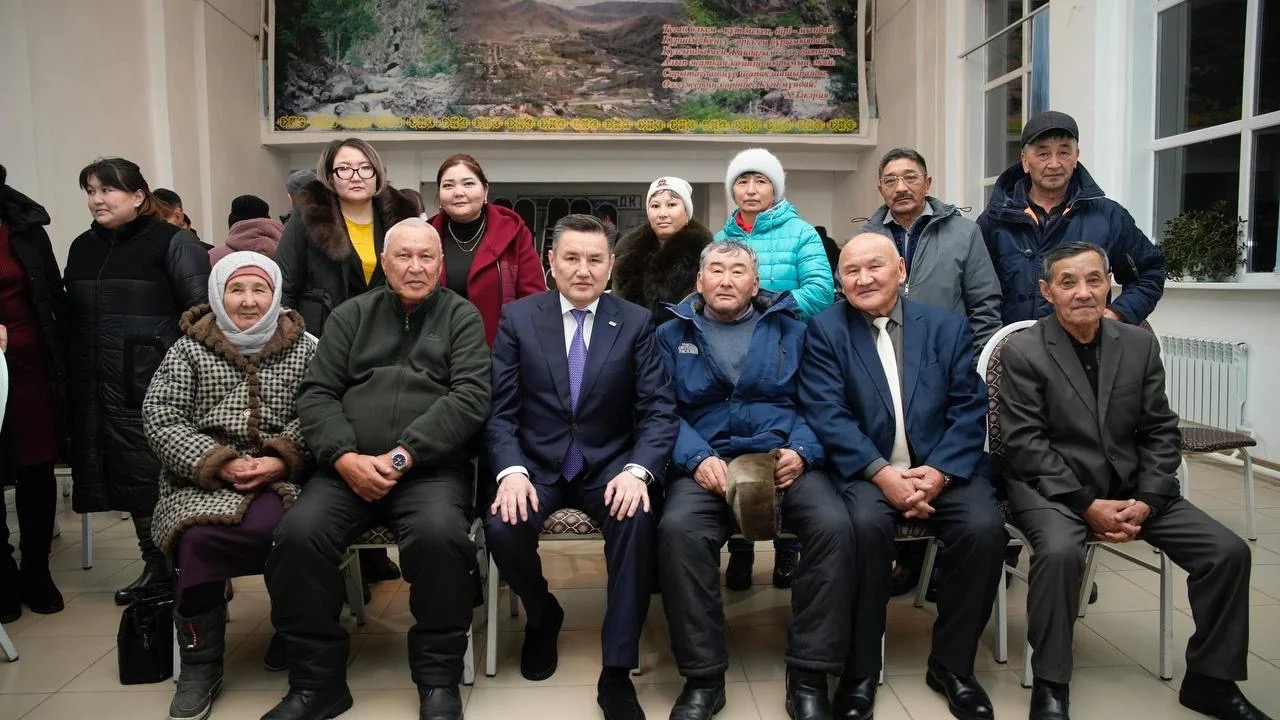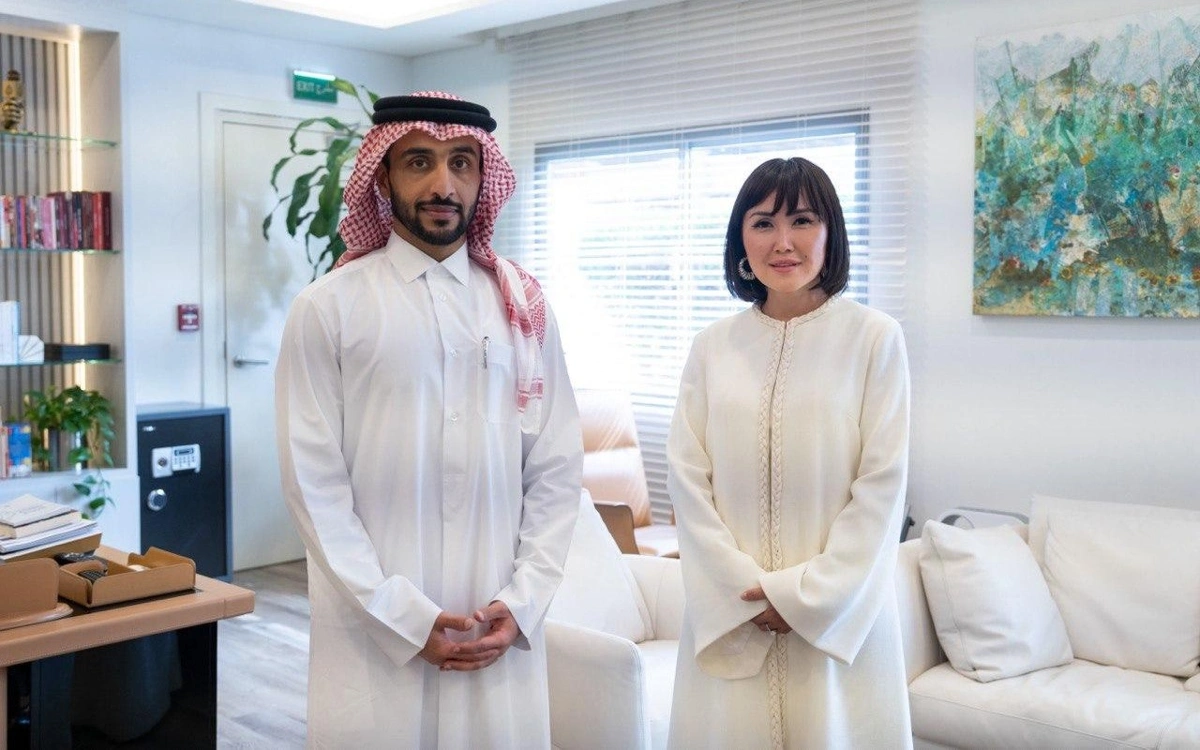The President of Kyrgyzstan, Sadyr Japarov, signed the law on religion and explained the reasons behind it. He shared this information on his social media page, as reported by the “Adyrna” national portal, citing 24.kg.
According to Sadyr Japarov, followers of religious principles had requested a review of this law.
“There are also citizens with a secular viewpoint who demanded the law’s enforcement. The number of such people is equal to the number of religious followers. Secular citizens are against strangers going door-to-door and knocking on doors. They want to know who these wanderers are, whether they have certificates from the muftiat, the judiciary, or the khatibiyat, what organization or movement they are promoting, and whether it contradicts our religion,” he wrote.
Sadyr Japarov pointed out that there is only one contentious issue in the law, which concerns the practice of preaching in homes.
“Preaching in homes (proselytizing) is still not fully regulated here. There are questions about who will permit such activities, who will participate, what qualifications are required, who can conduct the da’wah, which materials can be distributed, and who will oversee these materials. There have been cases where citizens leave their families and children unattended, going away for three days, forty days, or even four months. How can we allow such situations? Shouldn’t one first provide at least minimal sustenance for their family before calling others to religion?” he said.
Japarov clarified that no one opposes da’wah, but for now, it should be conducted in mosques, weddings, funerals, markets, or other places where people gather.
The President emphasized that the muftiat and the council of scholars must establish specific requirements and regulations on who can participate in preaching, which organization can issue certificates, and who will monitor it, and submit these proposals to the President.
“We will review and support this issue. There is no problem here. For instance, I never oppose religion. I am the son of a religious scholar and a hajj. I understand what religion is very well. If I thought, ‘The most important thing is to not lose the support of those who strictly adhere to religious principles, regardless of what happens in the future,’ I could have sent the law back for further review. But I approach this issue not as an ordinary citizen, but as the President of the country,” he wrote.
Sadyr Japarov also highlighted that the spread of radical materials and books promoting incorrect ideologies has been increasing recently.
According to him, if the muftiat and the council of scholars establish clear rules and regulations and then allow home visits to continue, it will benefit the future of the country. The President noted that the population is currently divided into 33 sects. There are radical groups in Kyrgyzstan that have been banned by the courts, yet continue their activities.
Last year, Kyrgyzstan repatriated 544 citizens from Syria, who had gone there to join jihad. They are now under state supervision, undergoing rehabilitation and awareness-raising work.
In Kyrgyzstan, the activities of 14 extremist or terrorist organizations have been halted by the court. “Have their activities really stopped? Perhaps there are some hidden activities among them?” asked Sadyr Japarov.
The President noted that the supporters of these groups are steadily increasing, which is being fueled by the distribution of books and pamphlets from banned groups.
“We have no complaints about citizens who engage in da’wah with good intentions. The problem is that some dishonest organizations are using these visits to conceal their efforts to recruit people into incorrect ideologies. This is a very dangerous trend that threatens our future. We are already witnessing Muslims fighting one another in countries like Syria, arguing ‘my group is correct, and your sect is wrong.’ Such struggles for influence have led to the bloodshed of millions of Muslims, as those countries were already divided into radical and fragmented groups, just as we are now. As the number of supporters of such groups increases, conflicts and struggles for influence will emerge. External forces that benefit from such conflicts will also exacerbate the situation. Therefore, the small population of Kyrgyzstan must live within the bounds of our one traditional religion. The muftiat and religious scholars, please help us regulate this issue,” he said.
Sadyr Japarov also urged not to turn charitable works into political games and instructed the muftiat and the council of scholars to develop detailed regulations for home visits and submit them to him.
Другие материалы
Adyrna.kz ұлттық порталының маңызды ақпараттарына жазылу
Соңғы жаңалықтар туралы хабардар болыңыз












